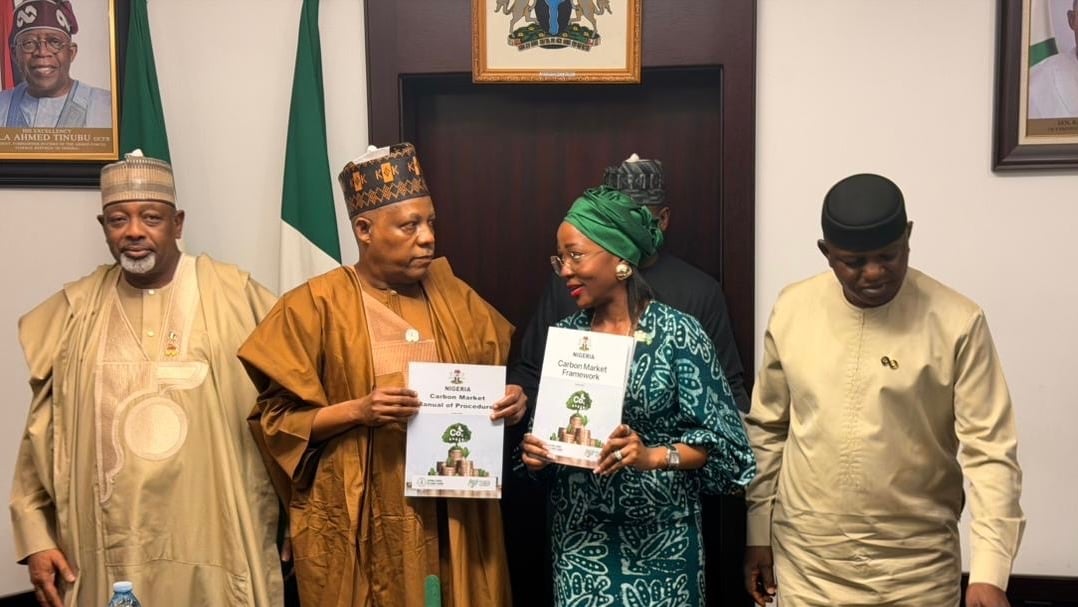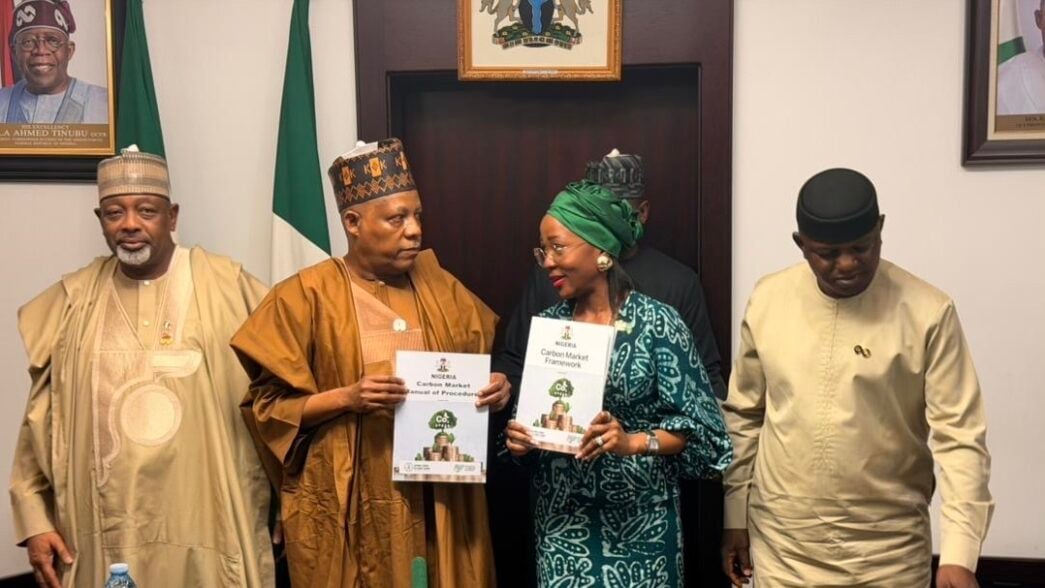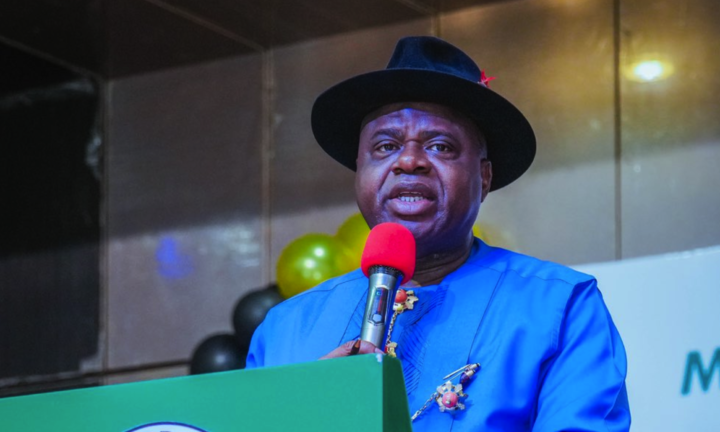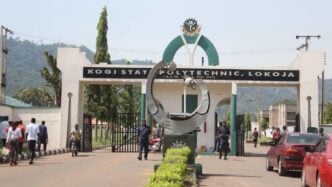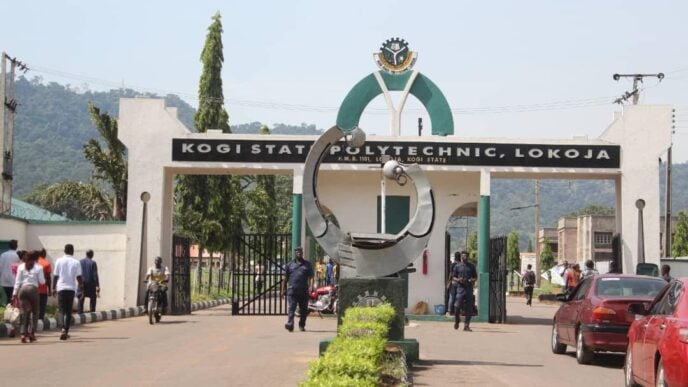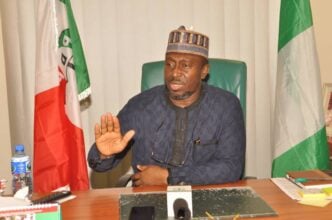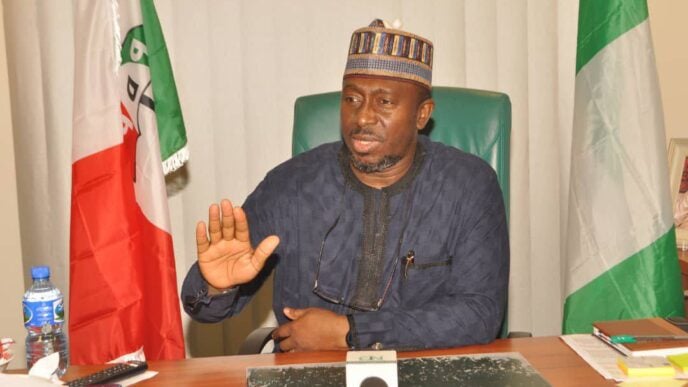President Bola Tinubu has approved the adoption of a national carbon market framework, and the operationalisation of the climate change fund.
The carbon market framework provides the rules and structure for Nigeria to trade carbon credits — a permit that allows a country sell their greenhouse gas emissions reduction to others that need help meeting their climate targets.
The president also restored the National Council on Climate Change (NCCC) to the national budget to enable it receive FAAC allocation.
Before now, NCCC had relied mostly on project-based funding from the federal government, development partner support, and limited internally generated resources from climate-related initiatives.
Advertisement
In a statement on Monday signed by Stanley Nkwocha, senior special assistant to the President on media, Tinubu said the approvals aim to position Nigeria to tap into the global carbon market and attract up to $3 billion annually in carbon finance over the next decade.
The president, who granted the approvals after a presentation by Omotenioye Majekodunmi, NCCC director-general, at the council’s meeting on Thursday in Abuja, said climate action remains central to his administration’s agenda.
Tinubu, who was represented by Kashim Shettima, the vice-president, said the move would strengthen Nigeria’s participation in the international carbon market and accelerate the country’s climate actions.
Advertisement
“Addressing climate change is not just an environmental imperative but also an opportunity to unlock new investments, jobs, and innovations across the energy, agriculture, and industrial sectors,” Tinubu said.
“Nigeria stands ready to take its rightful place as a global leader in climate action, ensuring that our voice and reality are heard and respected in international negotiations.”
He said his administration’s focus ahead of the 30th United Nations Climate Change Conference (COP30), billed to hold in Belém, Brazil, is to harness financing opportunities for climate-resilient projects and related interventions.
“We will continue to champion policies that protect our people, strengthen our economy, and position Nigeria as a destination for green investment and innovation,” he said.
Advertisement
Earlier, Majekodunmi said the meeting was timely as it would shape Nigeria’s global climate positioning ahead of COP30.
She said the council secretariat is committed to providing technical leadership and coordination to translate Nigeria’s climate goals into measurable outcomes.
Presenting the council’s progress report, she noted that Nigeria is now eligible to access new rounds of climate finance from multilateral funds.
Majekodunmi said the council’s key requests include adopting the national carbon market framework, operationalising the Climate Change Fund, and restoring the NCCC’s budget line within the annual FAAC allocation to ensure financial stability.
Advertisement
Wale Edun, minister of finance and coordinating minister of the economy, endorsed the recommendations, saying Nigeria must secure a strong position within the global carbon framework.
He pledged the finance ministry’s support, including plans to coordinate a quarterly climate finance tracking dashboard.
Advertisement
